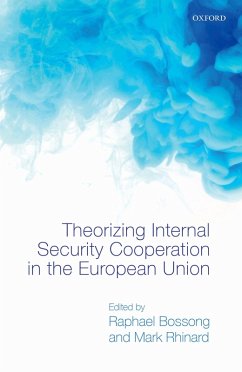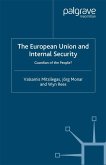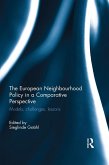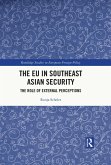This edited volume offers different theories useful for understanding and explaining European Union cooperation on internal security matters. Cooperation on such matters has not only flourished over the past two decades, but - more recently - has also become one of the most politicised or contested areas of European integration. Yet academic studies in the field remain predominantly empirical or not readily accessible to new scholars. The book addresses this major gap by providing a theoretical primer with a palette of options for explaining a complicated issue area, reaching across the divide of critical and more mainstream scholars that typically fragments discussion and debate. Theorizing Internal Security Cooperation in the European Union offers accessible and authoritative contributions by some of the most distinguished scholars in the field. Each chapter reviews the emergence of a major theoretical approach, the current state-of-the art for that approach, and the accompanying methodological considerations before providing an empirical illustration and an outlook on further research and dialogue with other perspectives. This book will serve as a central reference for developing our understanding of EU internal security cooperation, for exploring the ongoing transformation of statehood, and for illuminating the contemporary evolution of the European Union.
Dieser Download kann aus rechtlichen Gründen nur mit Rechnungsadresse in A, B, BG, CY, CZ, D, DK, EW, E, FIN, F, GR, HR, H, IRL, I, LT, L, LR, M, NL, PL, P, R, S, SLO, SK ausgeliefert werden.









